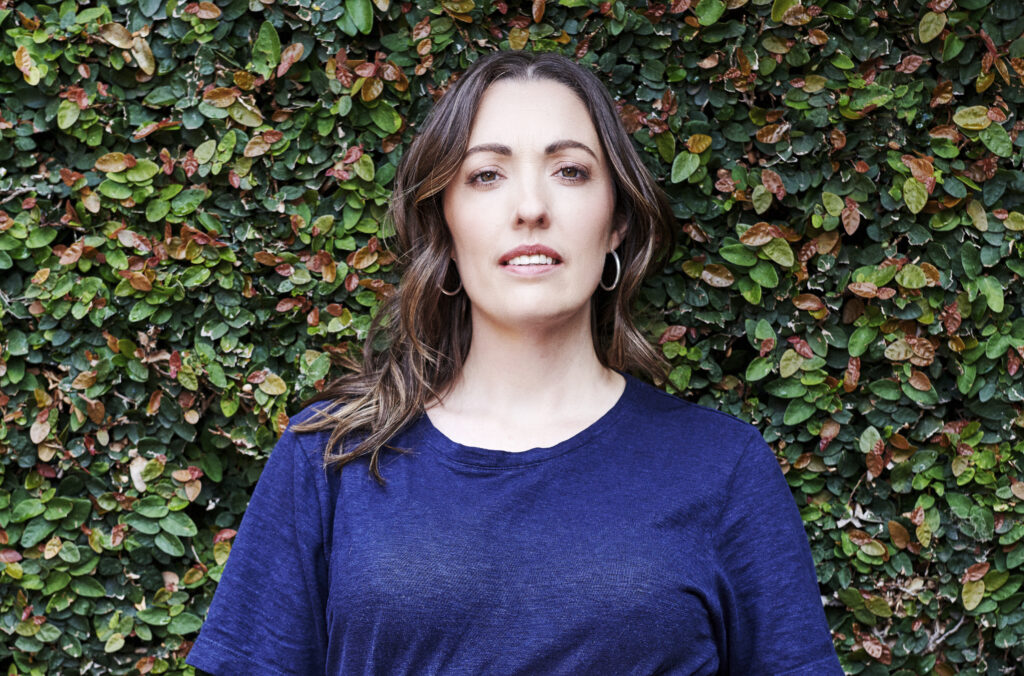Pregnancy reshapes more than just your body—it reshapes your brain. This isn’t just poetic imagery; it’s a profound truth uncovered by research.
BBC journalist Lucy Jones shares groundbreaking research in her book Matrescence including a landmark study published in Nature in 2016, led by neuroscientist Elseline Hoekzema who provided evidence that pregnancy renders pronounced consistent changes in the brain structure.
Yet, the seismic shift that is motherhood—matrescence—extends far beyond these biological changes, touching every part of a woman’s being: mind, body, and soul.
Matrescence, a term first coined by anthropologist Dana Raphael in 1973 and later revived by Dr. Aurelie Athan from Columbia University, refers to the profound transition into motherhood. Dr. Athan described this period as one that accelerates changes across biological, psychological, social, cultural, and spiritual domains—much like adolescence.
For many women, discovering the term matrescence is like finding a key to a locked door. It offers language for an experience that has long been overlooked—a revolutionary act of self-discovery and empowerment. Understanding matrescence allows women to see motherhood for what it truly is: a wild, beautiful, and deeply transformative chapter of life.
By embracing the concept of matrescence, we can start to see motherhood for what it truly is—a revolutionary act of self-discovery and empowerment.
It’s time to give mothers the grace, compassion, and language they deserve as they navigate this wild, beautiful, and deeply transformative chapter of their lives.
In Australia, one in three birthing parents experience birth trauma. This statistic resonates deeply with my personal journey.
My first birth, nine years ago, was traumatic. I felt overwhelmed, unheard, and isolated. It took years to understand that what I had experienced was birth trauma—a common, yet often unacknowledged experience. Birth trauma can have profound and lasting impacts on mothers, yet it rarely receives the attention it deserves.
The recent NSW parliamentary inquiry into birth trauma brings much-needed awareness to this issue. But awareness alone is not enough. We need care models that prioritise safety, trust, and deep listening during childbirth.
During my labour, I was silenced when I began to sing—an instinct I now believe could have helped me. Our voices matter, and they deserve to be heard. If I had been allowed to express myself, perhaps my experience, and my son’s, might have been different.
In the aftermath of my first birth, I turned to music as a way to process the pain. My debut album, Matrescence,explores the complex and often brutal journey of becoming a mother. Songs like The Beast, inspired by my miscarriage experience, were born from feelings of isolation and a lack of support. Through my music, I aim to resonate with other women, helping them feel less alone by acknowledging both their grief and their love. Music has a unique power to reflect and validate our experiences. By sharing my story through song, I hope to help other women feel seen, understood, and supported in their own journeys. My song The Beast Reprise delves into the transformation that can come from trauma, leading to hope, joy, and love.
The feminist movement, despite its many achievements, has largely overlooked the maternal experience. In our perfection-obsessed culture, women are pressured to conform to impossible standards, often leaving them to navigate the profound changes of motherhood alone. The breakdown of community support and patriarchal medical systems contributes to this isolation, leaving many women’s pain dismissed. But it doesn’t have to be this way. By embracing the concept of matrescence, we can begin to see motherhood as a revolutionary act of self-discovery and empowerment. It’s time to give mothers the grace, compassion, and language they deserve as they navigate this transformative chapter of their lives.
The recent NSW parliamentary inquiry into birth trauma is a critical step forward, but much work remains to be done. We need to listen to women, trust their bodies, and provide the tools and support necessary for their journey through matrescence. By doing so, we can create a world where motherhood is not just about the baby, but about the mother too—a world where women are empowered to thrive, not just survive, in their roles as mothers.


